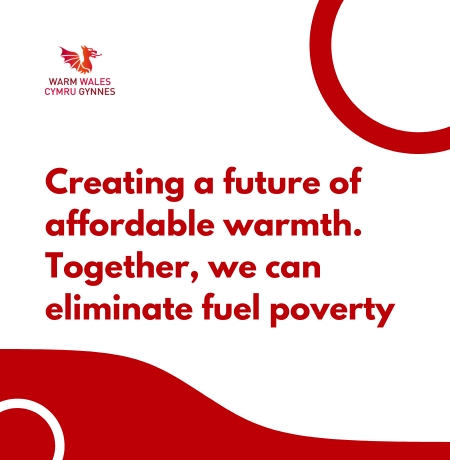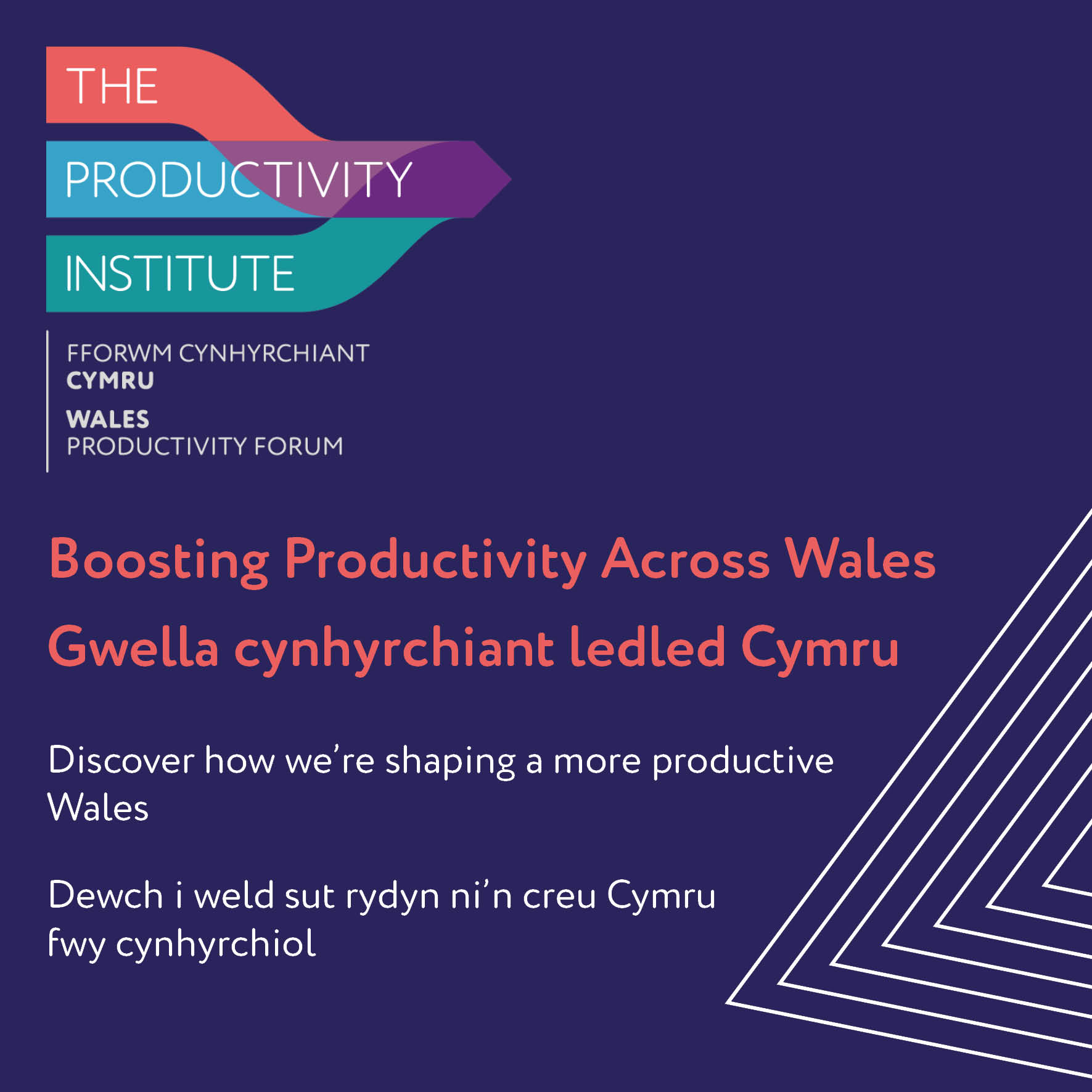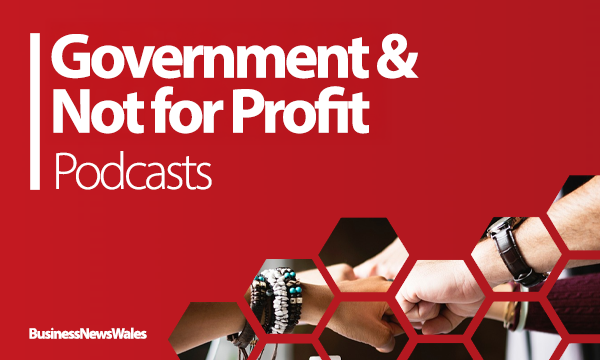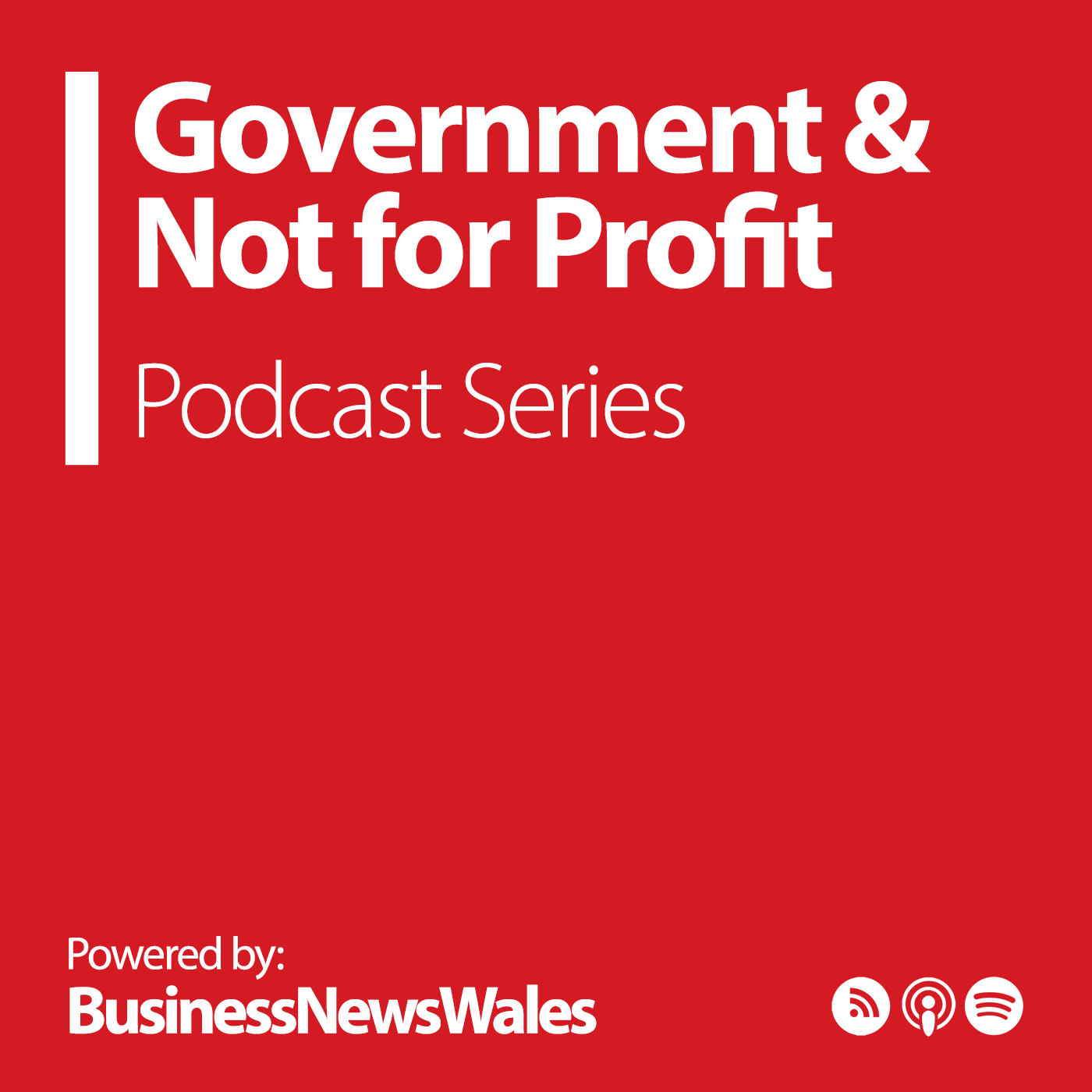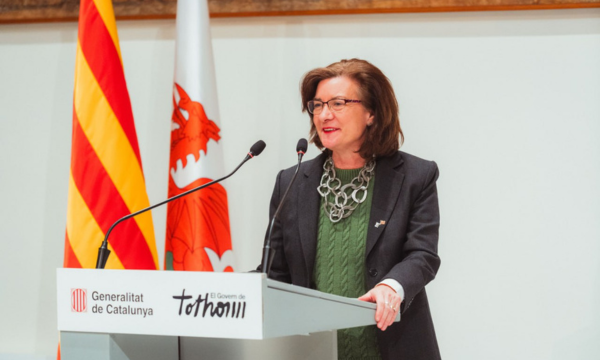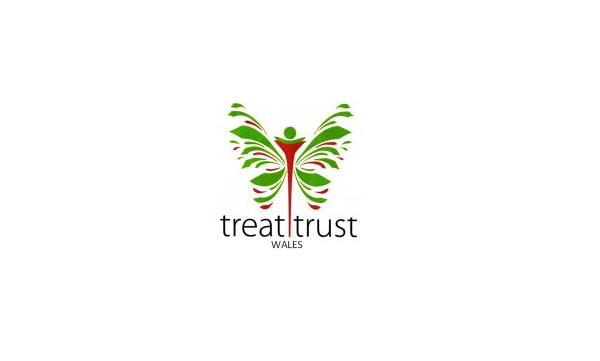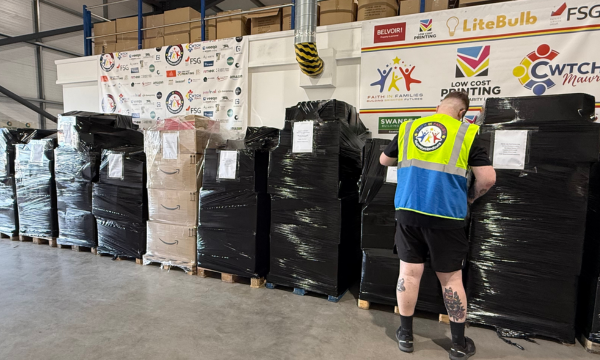
GUEST COLUMN:
Karen Williams
Customer Services Hub Manager
Caerphilly County Borough Council
When Caerphilly Council began its transformation journey two years ago, we faced a stark financial reality: we were facing a shortfall of £65 million over three years. That scale of challenge forces any organisation to think differently. It wasn’t just about cutting costs – it was about changing how we worked, how we made decisions, and how we delivered services for residents.
From the outset, we knew this couldn’t be achieved through isolated departmental efforts. Services had become too siloed, with each area focused on its own savings rather than a shared goal. That’s why we brought in transformation and change delivery agency Perago at the beginning, to help us take a whole-organisation approach and to start shaping a culture of collaboration.
The transformation programme that followed has been unlike anything Caerphilly has done before. We introduced new processes, adopted an agile way of working, and began communicating far more openly. Our Agile floor in Penallta House has become a visible symbol of that change. Project boards cover the walls, teams hold weekly stand-ups, and anyone, from Cabinet members to colleagues across the council, can join in person or online. Every week around 200 people take part, with updates shared on the intranet afterwards so everyone stays informed.
Agile working was new to most of us, and it took time to embed. But it’s now becoming second nature. Every project we run, whether part of the wider transformation programme or within a single service area, follows agile principles – shorter sprints, faster decision-making and constant feedback. We’ve also created new management networks at senior and operational levels to share learning, encourage collaboration and build confidence in these new ways of working.
The results are already showing. We’ve secured £20 million in savings so far, and several service areas have completely redefined how they operate. Our fleet team, for example, has moved from a fragmented and inefficient service to a centralised, well-governed model that’s safer, more transparent and far more efficient. That approach has now been replicated elsewhere, with centralised invoice and IT budget management giving us greater control and oversight.
Much of our focus has been on maximising what we already have. In one early project, we discovered that our council tax system included modules purchased years ago but never activated. Once implemented, those tools allowed residents to set up direct debits and report changes online, small changes that make a big difference to efficiency and user experience.
All of this work feeds into our wider digital platform project and the redevelopment of our website. But the website itself is only the tip of the iceberg. It’s the visible part of a much deeper transformation. You can make a front end look modern and user-friendly, but if the systems and processes behind it are outdated, it’s just a new coat of paint on a crumbling wall.
True digital change goes further. It means redesigning services from end to end. That involves mapping the entire user journey, from first contact to completion, and fixing what sits behind it. For us, that has meant embedding feedback loops so residents are kept informed throughout. No more service requests disappearing into the void. People want to interact with us online, at their convenience, and they expect to know when their request has been received, actioned and completed.
That’s the level of service we’re now working towards. It’s not easy, and it’s not quick, but the direction is clear. Transformation isn’t a project with an end date; it’s a shift in mindset. We’re learning to work together, make decisions faster, use data better, and design every service around the people who use it.
There’s a long way to go before we reach our savings target, but what we’ve achieved so far shows what’s possible when an organisation embraces change from the inside out. The website may be the most visible part of our journey, but the real transformation lies beneath the surface, in the teams, systems and culture that are shaping a new way of working for Caerphilly.
Karen Williams talks about this and more in the Business News Wales Government & Not for Profit podcast. Listen here

